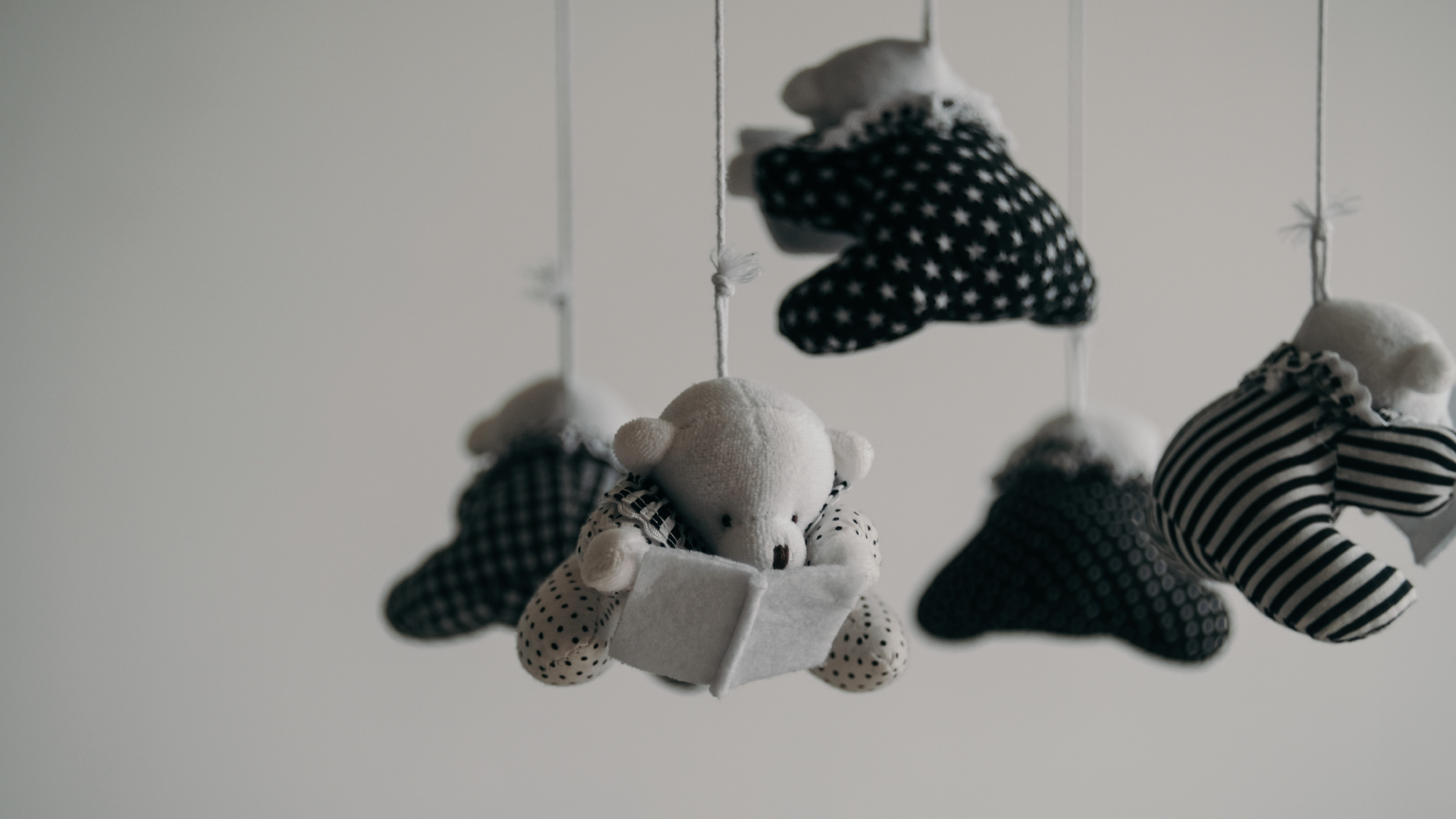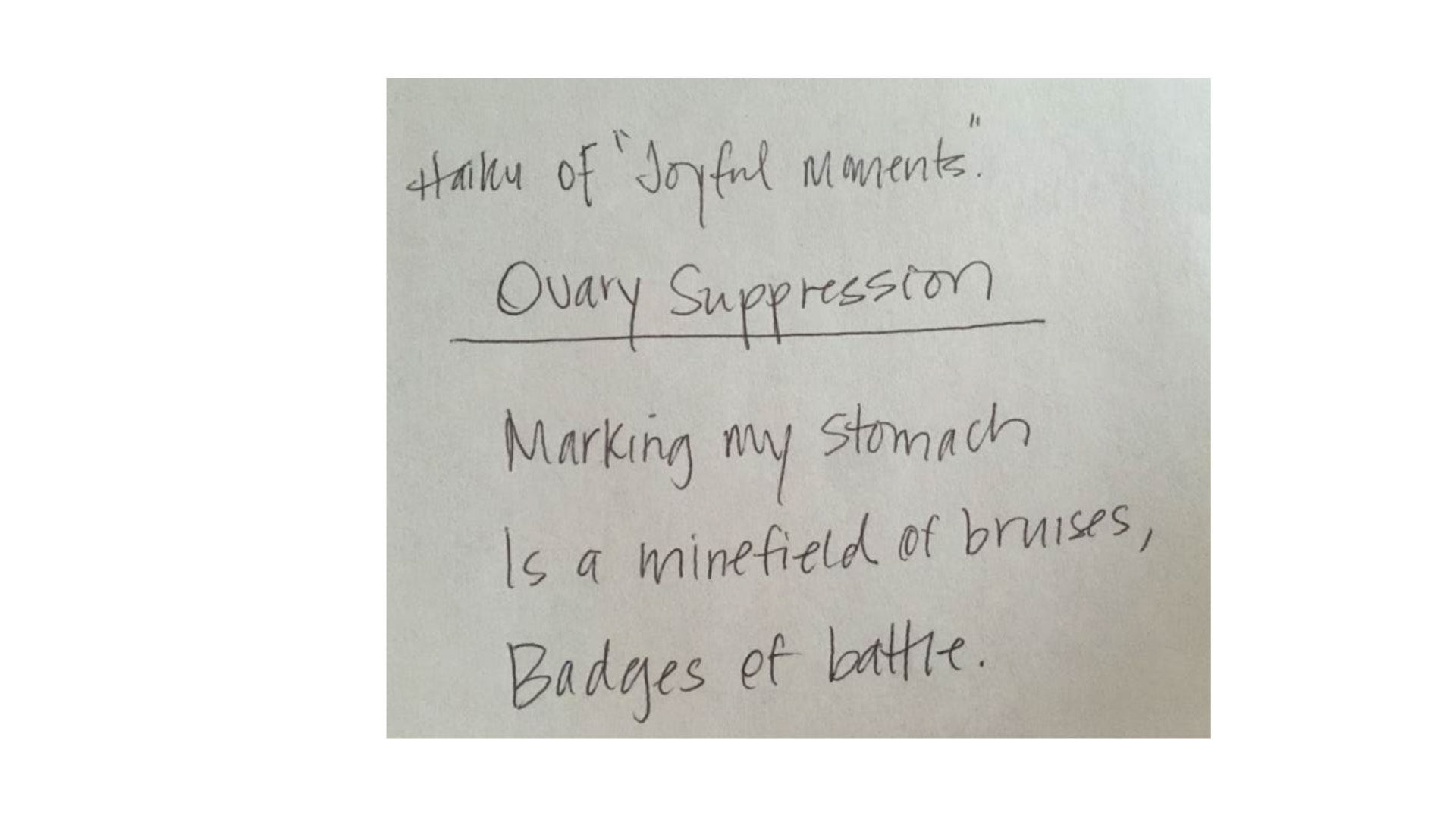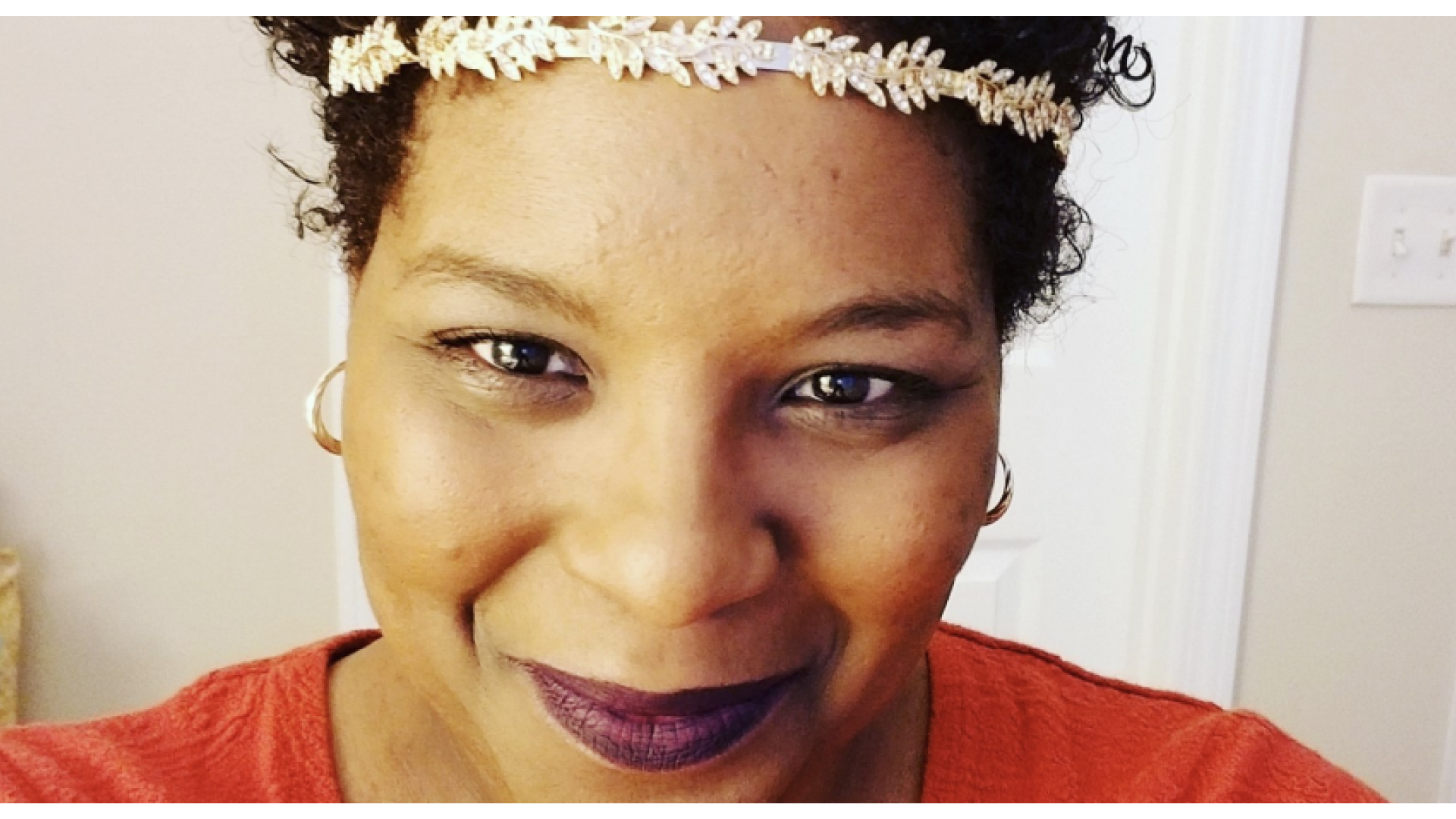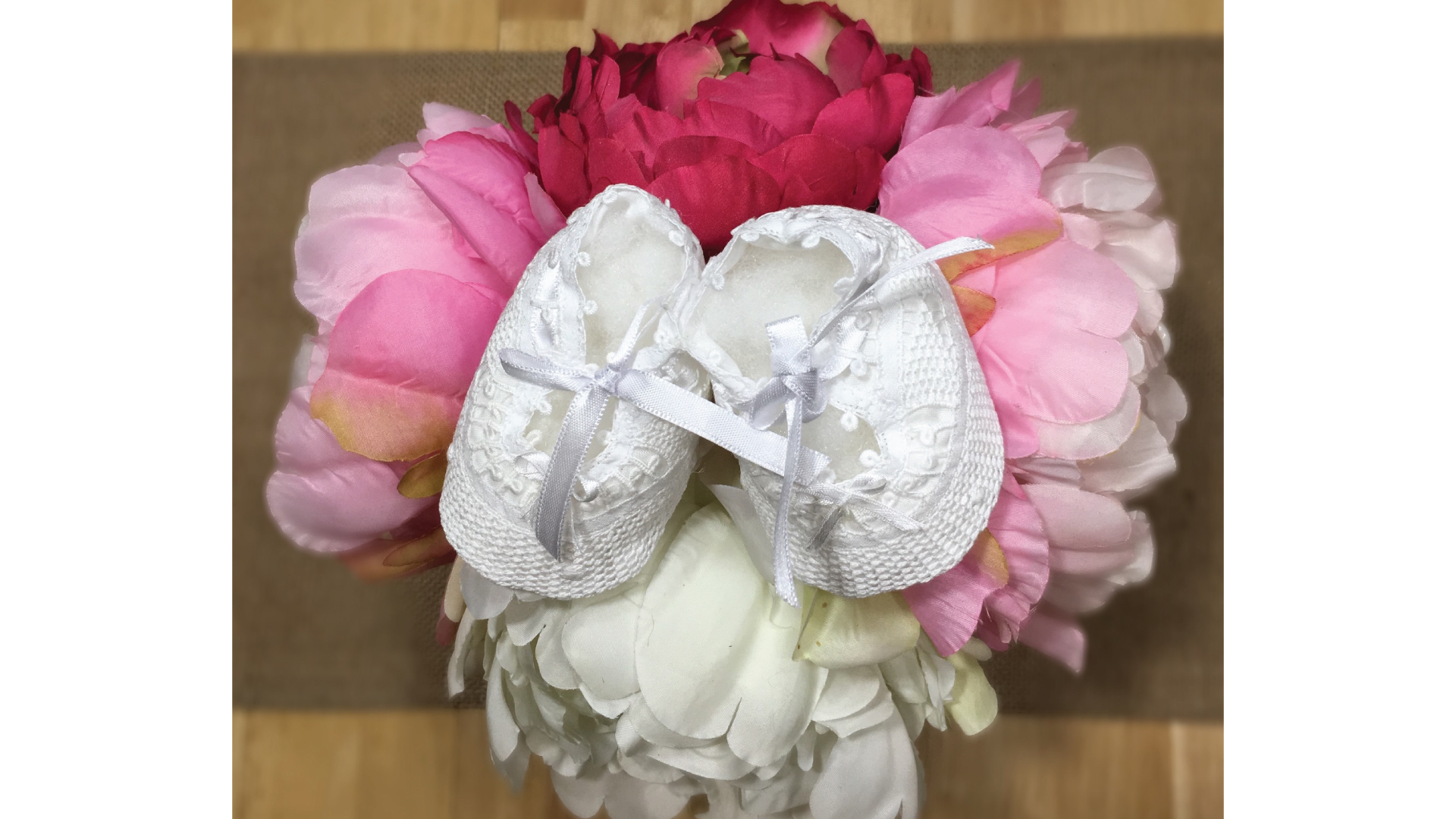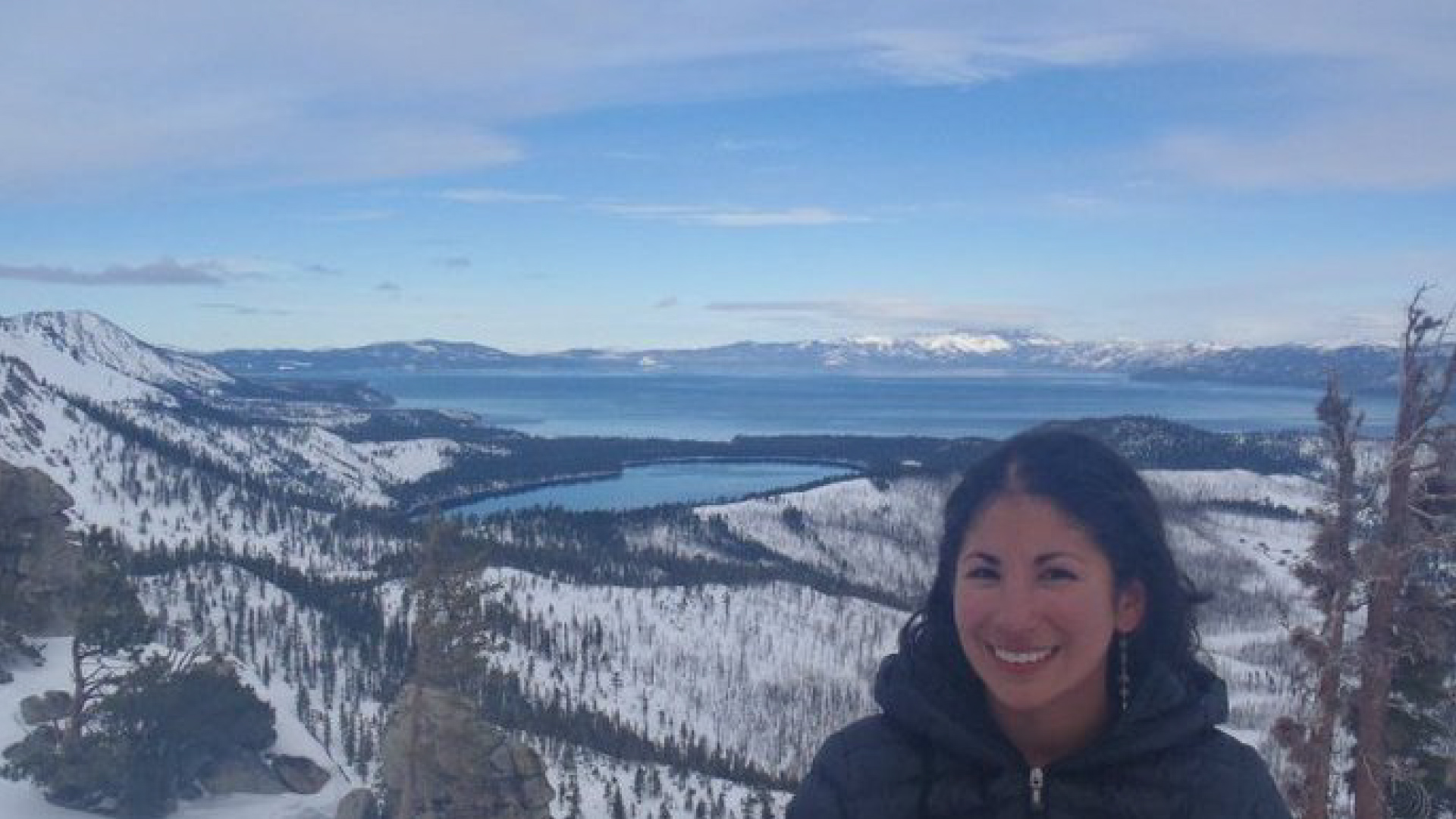Today we are continuing with one of our features, personal interviews! You can read our past interviews here. Today Lacuna Loft talks with cancer survivor, Nadia. She is a young breast cancer survivor who talks to us about her diagnosis, her support system, sharing her diagnosis, her fertility journey, and so much more!
—
Lacuna Loft: When were you diagnosed?
Nadia: I was diagnosed January 2, 2014 with Estrogen/Progesterone/HER2-neu positive Invasive Ductal Carcinoma, more commonly referred to as Triple Positive Breast Cancer. Originally my doctors thought I was stage I, maybe stage II, based on the mammogram/ultrasound/MRI/biopsy findings. However, during my bilateral mastectomy, the breast surgeon found a second smaller tumor, precancerous cells throughout my breast, and cancer in my lymph nodes. She removed 15 lymph nodes to test them all for cancer. Pathology showed cancer in 6 of those lymph nodes and with all this information I was swiftly “upgraded” to stage III and was told that I could possibly have stage IV breast cancer. Thankfully, my PET scan came back clean and I never thought I would be so happy to “just” have stage III cancer. After a few weeks of recovery from my surgery, I started 4.5 months of chemo – 4 rounds of Adriamycin (a.k.a. the Red Devil) and Cytoxin, and 12 rounds of Taxol with the immunotherapy, Herceptin. I would take Herceptin for a full year and during that time we would add another immunotherapy, Perjeta, to go along with it. After the 4.5 months of chemo finished, I did 1.5 months of full-breast radiation. During this whole time, I was also undergoing the painful and complex reconstruction process with tissue expanders, which would be exchanged with implants almost a year after radiation finished to maximize the chance for the radiated skin to heal properly. After radiation completed, I also started hormone therapy treatments, which I have to do for at least 10 years. These medications essentially put me into daily menopause and I constantly deal with the symptoms and side effects of depleting my body of estrogen, such as bone loss, muscle and joint aches and pains, hot flashes, and many other extremely unpleasant and frustrating issues to be dealing with at such a young age.
LL: How did you feel when you were first diagnosed (physically, mentally, emotionally)?
N: I had just turned 31 when I was diagnosed and had no family history. I lived an extremely healthy life as a Forester that hikes every day in steep, mountainous terrain for work. Snowboarding, splitboarding, telemark skiing, mountain biking, and hiking were just some of the activities that were a part of my normal routine. I never felt sick, I just happened to find a lump, so I was shocked when I found out that I had cancer. My husband and I live in California, but my family and his parents were back in New England. When we found out that my treatments would take a minimum of 10 months, we decided to move back east to have the support of our family and seek care at the Dana Farber Cancer Institute – growing up with the Jimmy Fund so deeply interwoven into the fabric of MA, there was just no other place I wanted to be when I heard those words, “You have cancer.” I was terrified, and was completely uprooting my life to enter the unknown. That initial period when everything was so new and I didn’t have a treatment plan was the worst. I felt like my life had spiraled out of control and there were so many scary decisions to make. Lumpectomy or mastectomy? Keep the healthy breast or remove it to minimize the chance for new primary breast cancers? Reconstruction or not? Then there were the things that I didn’t really have a choice in. Chemo, radiation, immunotherapies, hormone therapies. Of course I had a choice, but not really if I wanted to accept the standard of care for my diagnosis and give myself the best chance for survival.
There were also the implications the treatments could have on my fertility. The chemo regimen I was given is notorious for permanently and negatively affecting ovarian function. My husband I were hoping to start our family when I was diagnosed, so this news was a complete shock. We were catapulted into fertility consults and IVF cycles to harvest some of my eggs prior to chemo. The process was confusing and overwhelming. To add to all that, there was also the complication regarding what we would do with the embryos we were able to freeze. Because my cancer is hormone driven, and those hormones spike during pregnancy, my doctors wanted me to do years of hormone therapy before allowing me to try and get pregnant. We had offers from both our sisters to be gestational carriers, but they are both older than us, so if we went that route we would have to move fairly quickly. To this day, the fertility issues have been some of the hardest struggles of my cancer diagnosis and treatment.
LL: Can you share more about your fertility journey?
N: We recently tried to use the embryos we got from the pre-chemo IVF with my sister-in-law as a gestational carrier, but the embryo did not take and we lost our remaining embryos. It all happened so fast – we went from 7 embryos and 7 chances to 1 to none in 2 weeks. All this time, for the last 2.5 years, I knew this was a possible and probable outcome, I just didn’t bother thinking about it because we had these frozen chances. These frozen chances represented SO much hope and possibility for a life where cancer would lose its vain attempt at taking control of everything in our lives. And just like that, those chances were wiped away. Cancer just takes so much from you.
We are still wrapping our heads around all of this. I suppose all hope is not lost, but that’s a BIG unknown. My doctor has mentioned changing my hormone therapy to give me the chance to see if still have ovarian function and eggs to harvest. If I have viable eggs, there would also be a possibility for natural pregnancy in a few years after I’ve gotten enough hormone therapy under my belt for my doc to feel comfortable allowing that. And of course there are other options, like egg donors or adoption. I really just wanted this to work so our life didn’t have to be so complicated (minus the complications a baby brings into your life of course – but less complicated in the crappy medical-cancer way, which of course is no guarantee either). For now we are just trying to process what happened. For the life of me, I cannot understand how this became our life. I do not understand how we got here. I was there for the last 2 and a half years, I know what happened to me, to us, but at the same time, it seems like a dream, or rather, a nightmare. Someone else’s life. But it’s ours. And while we are devastated from this recent loss, there are still so many things to be grateful for. An amazing, loving, supportive husband. Two amazing families that have supported us through all of life’s challenges. Incredible friends. A sweet, sweet doggie. Dream jobs. A beautiful home and food on the table.
LL: Who/what/where did you turn to?
N: My husband has been my rock. He was by my side every. single. step. Every doctor’s appointment, every treatment, every scan, every test. Everything. My parents, my sisters and their families, all of my in-laws, extended family, friends. I was lucky to have a lot of support. We lived with my family during all of the treatments, bouncing between my parents’ and sisters’ houses. My friends and co-workers in California would send me care packages all the time. My nieces and nephews were extra supportive in the way that only kids can be. They would often ask me how I was feeling and as long as the answer wasn’t terrible, the next question was when could we start playing. So I did a lot of playing and coloring and in that way, they kept my husband I sane.
I also had an amazing medical team. In addition to the doctors, I sought acupuncture, massage, reiki, and therapy. My therapist helped me process all the complex and overwhelming emotions I was experiencing, and helped me understand the nature of my diagnosis, treatments, and repercussions. She helped bring to light issues that weren’t even on my radar, so that I was more prepared to deal with them when they did arise. I knew that I didn’t know what I was doing and that there were professionals that knew so much about this experience, so I did not hesitate to ask for help.
I also turned to other women in my shoes, some walking the path at the same time as me, and others further along the path. These women kept me sane. I mostly connected with these women on Facebook, in secret groups and we literally chatted all day, every day, and even every night when we couldn’t sleep from the steroids or other drugs. Some women I “met” on the breastcancer.org site, and others I met through the Young Survival Coalition. I’ve since met many of these women in-person and I can’t tell you how special those meetings are.
LL: What kinds of things did you do to distract yourself when you were going through treatments (either at home or at the hospital… Or both)?
N: My husband I joke that Candy Crush got us through cancer. Seriously, we played a lot of Candy Crush. Lot’s of Netflix. 24, Orange is the New Black, House of Cards, Game of Thrones. As I said earlier, I also played a lot with my nieces and nephews. I remember one day, my sister left for work and I was coloring with my niece. When she returned hours later, we hadn’t moved. She asked, “Have you seriously been coloring all day??” Yep. And we had so much fun doing it…Because my husband and I had been out of New England for 10 years, we travelled around a lot, visiting friends and family that we rarely see. We also spent a LOT of time with our dog, a golden retriever/chow mix named Chowder. He was my walking companion, and got me up and moving every day during treatments. I actually have a lot of fond memories from that time. I mean, who else can have unlimited time to spend with their family at age 31 without having to go to work? I was lucky to work for someplace that could give my husband and I the time off to deal with the cancer treatments and have the support we had in general.
LL: How did you decide to start blogging about your experiences?
N: There was no way I could keep my diagnosis a secret. My husband and I were taking significant time off from our jobs and moving across the country. So I decided early on to just be open about it. It was going to be more stressful to keep it from people. My sister-in-law started a posthope.org webpage for me to easily keep friends and family updated. I never intended to blog about it, but many people interpreted my updates as blogging and before I knew it my site had been shared with many, many people. Sometimes that was overwhelming to me, but most of the time I just thought if I could educate some people about my experience, or help someone in a similar boat, then it would be worth being so open about my experience.
LL: Have you found support in unlikely places since your diagnosis?
N: I have, in many ways. Early-on I was connected to other survivors that were complete strangers to me, through family members of mutual friends. These women helped me through the early, terrifying stages surrounding diagnosis. I will never forget their honesty, kindness, and compassion and I vowed that I would pay it forward and help other women down the road if I could. Since then I have connected with some women online, exchanging emails and phone numbers and making myself available for all the questions that arise when facing this diagnosis and treatment path. Unfortunately, I have also filled this role with a very close friend of mine, but I’m happy I can help her.
I also found myself in a situation where a complete stranger played a pivotal role in helping my recovery. I was concerned about having a quiet place to recover from my surgery since both of my sisters have small children and my parents’ house was closed for the winter. My best friend’s mom’s best friend’s step-mom offered us her condo in Boston since she was out of town for the winter. (In case you haven’t noticed, there is a theme of people leaving the bitter cold of a New England winter). Her place was so beautiful and peaceful, overlooking the Boston Harbor and providing us with the respite we needed so that I could heal comfortably. I will never forget her generosity.
LL: Could you describe how sharing your story has affected your journey with Cancer?
N: I found that sharing my story has allowed me to process my own thoughts and emotions better, and feel less isolated. My posthope.org site allowed me to connect with people that supported me, and I really needed those cheerleaders through my long and arduous course of treatments. It also makes me feel better to think that by sharing my story, I could make someone else feel less isolated or make their experience just a little bit easier. There are so many issues unique to being a young adult with cancer – relationships, fertility, body image, career, identity – with cancer being much more prevalent in older adults, there just aren’t as many resources to help young adults navigate these difficult and confusing issues. If my story can help others realize that they are not alone in those experiences, then maybe some good can come from my stupid cancer.
LL: Have you encountered any misconceptions around breast cancer and cancer in young adults?
N: There are also a lot of misconceptions surrounding breast cancer, especially in young women. For starters, I didn’t even realize young women could get breast cancer in the first place! I also didn’t realize how many different kinds of breast cancer there are – every woman’s diagnosis and resulting treatment can be so different, it’s really hard to make comparisons. Treatments can permanently affect fertility. Mammograms do not necessarily save lives. Young women typically have dense breast tissue and mammograms are notorious for not detecting cancer in these women (my mammogram, ultrasound, and MRI did not find my second tumor, precancerous cells, or affected lymph nodes!). Young women without family history also typically do not receive regular mammogram screenings because, you guessed it, they’re too young. Early detection does not necessarily save lives. 30% of all early-stage breast cancer patients advance to terminal, stage IV cancer. And the standard of care does not screen or scan breast cancer patients for stage IV cancer because many false positives or false negatives can result, causing undue anxiety and stress when there is still nothing that can be done to save a stage IV patient’s life. Hopefully that will change (soon please!) with medical advancements. Many “pink” products to raise money for breast cancer research contain toxic chemicals and hormone disruptors that may actually contribute to breast cancer, so it is important to be vigilant about pinkwashing and think before you pink (a phrase coined by Breast Cancer Action). And the HUGE breast cancer walks (think Avon and Susan G. Komen) donate very little to stage IV research, which is what we need so women stop DYING from this UGLY, NOT-BEAUTIFUL-PINK DISEASE. These are just a few things that I was unaware of, so if I can help increase awareness about these things by sharing my story, I will do so.
LL: Where are you now in your journey with Cancer?
N: I finished my chemo and radiation in 2014 and my immunotherapies and reconstruction in 2015. I had to tweak my hormone therapies a few times and made the last drug change at the end of 2015, so I’m adjusted to those medications finally. I was off work for all of 2014 and worked part-time through most of 2015. In October of 2015, I went back to work full-time and am just working on figuring out my new “normal.” It’s not always easy, but it is a work in progress. When I was first diagnosed, I remember thinking that I would do my surgery and treatments in 2014 and never think about cancer again. Little did I know that cancer would become deeply ingrained into every aspect of my life. It definitely doesn’t define me, and I would like to say that it doesn’t control me or dictate my life, but it sort of does. There are many moments and some days when I don’t think about cancer at all, and I hope those moments and days become more and more frequent as time goes on.
LL: What “words of wisdom” and/or advice would you give any young adult facing Cancer or another life-threatening illness?
N: It’s ok to be scared, it’s ok to ask for help. Seek out a therapist experienced in issues common to young adults with cancer. Treatments can cause depression. If you are experiencing depression, it’s ok to take medication – you might only need to be on it for a short time to help get you out of it. The struggle is REAL. You are not alone, no matter how much it feels like it, especially when all your peers are doing normal things like going to college, advancing their careers, travelling the world, getting married, having children. Trust your gut and know that you are your own best advocate – if a treatment recommendation doesn’t sit well with you, ask questions until you understand it and make a decision that you can live with. Know that being positive isn’t all sunshine and unicorns and rainbows. It can be as simple as picking your head up and moving forward every day. And being nice to the people around you. It’s ok to be mad and sad and scared and hopeful all at the same time. There is a roller coaster of emotions that accompanies cancer. Just acknowledge and experience each one and let it pass. You can’t control much, but you can allow yourself to feel what you’re feeling without beating yourself up about it. And know that it does eventually become a little bit better. It will always suck and it will always be scary, but it can also become a little bit better.
Thank you for sharing your story with us, Nadia!
Are you a young adult cancer survivor or caregiver? Interested in being interviewed by Lacuna Loft? Let us know! We’d love to hear from you!


